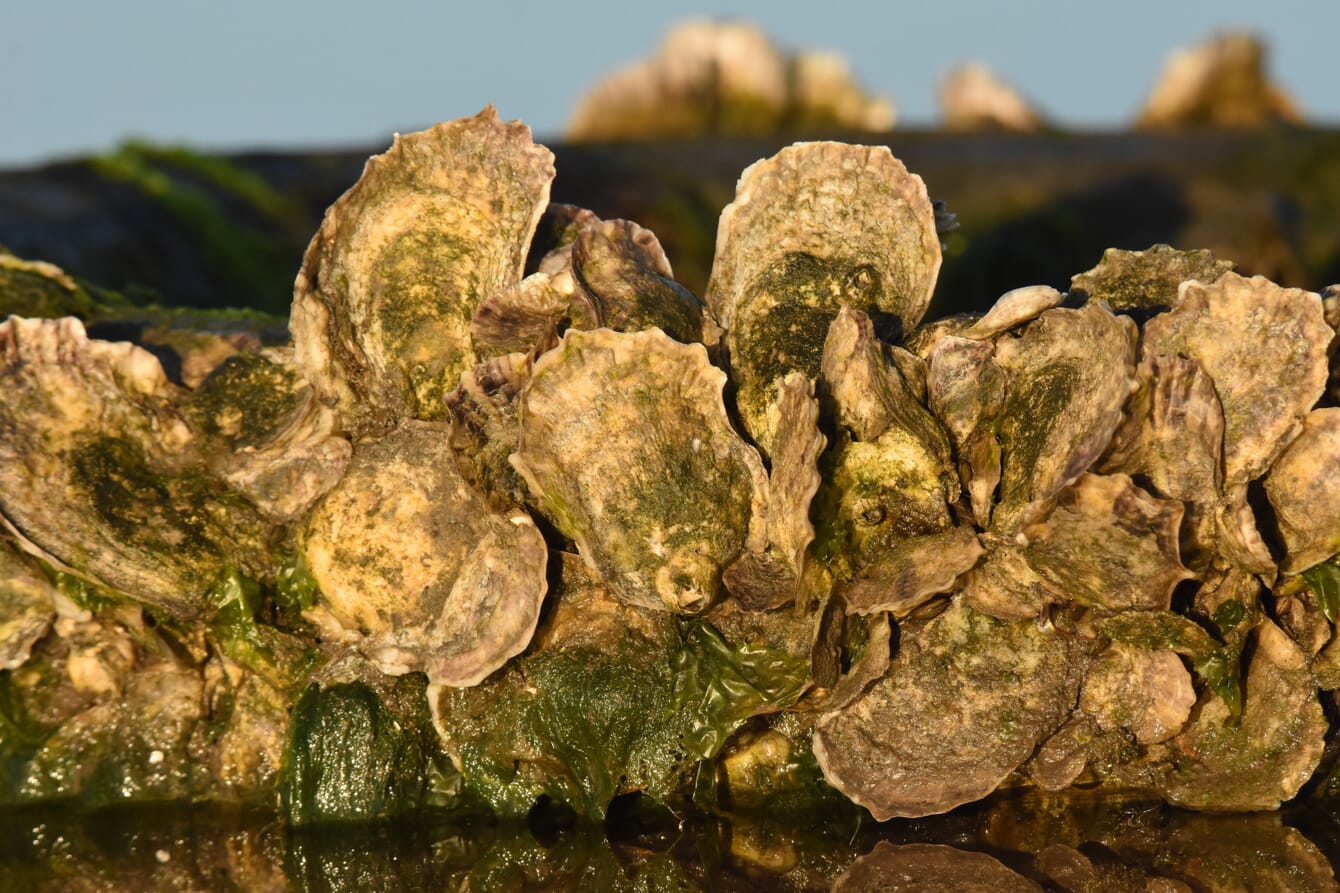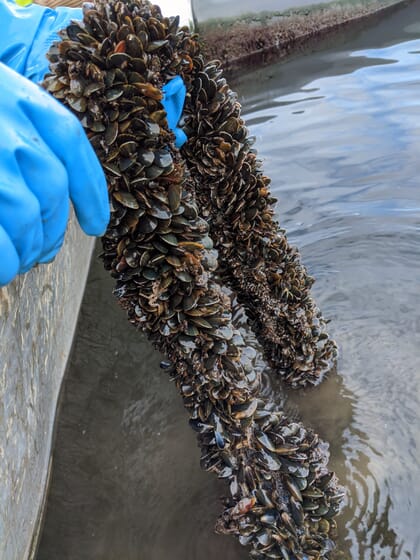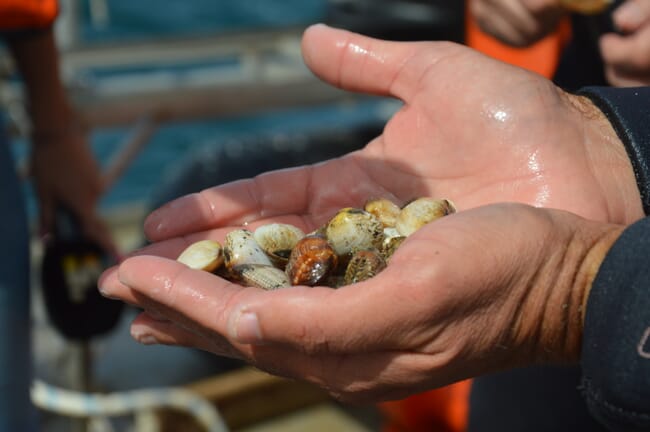
The project brings together a diverse team of marine biologists, population geneticists, mathematical modelers, cancer biologists and genomic/molecular biologists
Michael Metzger, PhD, assistant investigator at Pacific Northwest Research Institute, in Seattle, Washington and a team of global co-investigators will study how a virus-like cancer spreads among basket cockles on the Pacific Coast and soft-shell clams on the Atlantic Coast through a $3 million grant from the National Science Foundation’s Division of Ocean Sciences.
“We don’t normally think of cancer as an infectious disease,” said Dr Metzger. “But several transmissible cancers have recently been found in the wild, causing significant mortality – and marine bivalves, such as mussels, oysters, cockles, scallops and clams appear particularly susceptible.”
What is unique about this cancer compared to human cancers is that it is transmissible. The cancerous cells themselves spread from one animal to another, much like a virus. This strain of cancer is known to negatively affect the marine environment, commercial aquaculture industries and Native American communities that rely on bivalves as traditional food sources.
The newly funded project brings together a diverse team of marine biologists, population geneticists, mathematical modelers, cancer biologists and genomic and molecular biologists from the following organisations and institutions across the globe: Suquamish Tribe, Puget Sound Restoration Fund (PSRF), Western Washington University, Bigelow Laboratory for Ocean Sciences (Maine) and Gloucester Marine Genomics Institute (Massachusetts) and City University of London.

The group of cancers the researchers are studying are unique because they are transmissible and spread within bivalve populations like a virus © Judith Brown, Isle of Skye Mussels
Over the next five years, the interdisciplinary collaborative will collect samples, analyse genomes, develop mathematical models and measure disease progression.
“It takes expertise in tribal resource management, marine conservation and infectious disease ecology to solve this complex problem,” said Ryan Crim, a PSRF marine biologist who has been working with the Suquamish Tribe in Washington state to restore marine habitats for more than a decade.
They found infectious cancer prevalent in local basket cockles, a favourite subsistence species for Tribal members that has become scarce in recent years.
Elizabeth Unsell, a marine biologist with the Suquamish Tribe, explained that the Tribe is motivated to work to restore local populations and learn more about the threats they may be facing.
“Increasing our awareness and understanding of the presence and severity of transmissible cancer in this favoured bivalve species will give us tools to better understand population dynamics and inform management decisions,” said Unsell.

Understanding infection dynamics will allow commercial clam farmers and fishers to prevent infection and safeguard stocks © Oceano Fresco
On the eastern US coast, soft-shell clams are consistently one of the most valuable fisheries for Massachusetts each year and the species has a strong cultural and historical relevance in the region. Transmissible cancer in soft-shell clams has caused major losses in Massachusetts in the past, severely impacting the commercial fishery.
“By gaining a better understanding of the infection dynamics and mechanisms of transmissible cancer in soft-shell clams, we will be more effective at preventing or managing the disease to better conserve this precious natural resource,” said Tim O’Donnell, a freshwater and marine fish researcher at Gloucester Marine Genomics Institute.
“Understanding exactly how these bivalves fight or bounce back from this cancer directly impacts the survival of those species and the people who rely on them,” Dr Metzger said. “If successful, we will come away with a far better understanding of how these transmissible cancers spread and what we can do to stop them.”
“I’m grateful that the NSF values this kind of interdisciplinary research,” Dr Metzger said. “Without their funding, we couldn’t launch a study like this connecting genomic analysis of the cancers with multi-year ecological surveys and modelling to understand all the factors involved in disease spread.”




